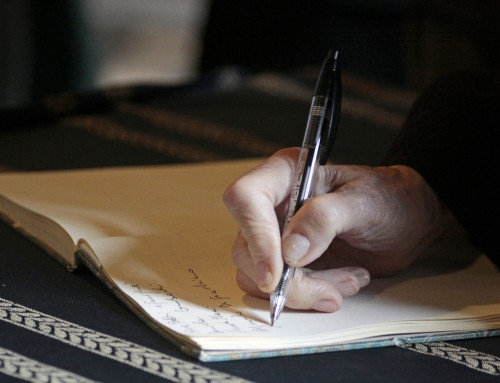In this article we are going to explain what is the bare ownership, a concept related to the inheritances y wills. We will define the term and detail aspects of it that are little known.
The bare owner is the person who owns a property, but with very limited powers over it. To understand the powers that the bare owner has over a property, and to understand its concept, it is important first to understand the distinction between full ownership, bare ownership and usufruct.
The key distinction between fee simple, bare ownership and usufruct.
Full ownership is the majority and usual way of obtaining property. It is made up of two legal figures, bare ownership and usufruct, which can be enjoyed separately and which, if done, limit the powers that the owner has over the property.
Freehold = bare property + usufruct
- Full control: Full ownership is the most common form of property acquisition. It assumes full ownership of it and, therefore, its availability without limitations.
- bare property: The bare owner is the owner of the property but does not have its use and enjoyment. For practical purposes, even if you cannot use or rent the property, you can sell the bare ownership to a third party or use it as collateral.
- Usufruct: The usufructuary has the use and enjoyment of the property, unlike the bare owner, but does not own it. He will be able to enjoy the good while his right lasts and he will also be able to rent it to obtain an income from it.
This distinction between the three legal terms facilitates the definition of the concept under study.
What is bare property?
It is the right that a person has over a property of which he is the owner, with the limitation of not having the right to its possession or enjoyment and enjoyment. Therefore, it supposes the ownership of the property, although it does not entail neither its enjoyment nor the possession of it, which the usufructuary will have.
The right to use or take advantage of the property belongs to the usufructuary and will have it until the time the usufruct expires. However, the bare owner has the power to transfer the bare property through a sale or a donation, and the power to use it as collateral, for example, in a mortgage loan.
Its acquisition: Inheritance, Sale or Donation
Traditionally, the most common way of obtaining it in a property has been by Inheritance. However, there are also other modes of acquisition, such as donation or sale.
- Acquisition by inheritance: It is common to establish in the will a legacy of lifetime usufruct towards a specific person, normally the widowed spouse. In these cases, the heirs will receive only the bare ownership of the property.
- Acquisition by sale: The sale of the bare property is an option for those who want to transfer the property to obtain an economic benefit, but maintaining its use and enjoyment. It is a practice favored especially by those elderly people with economic needs.
- Acquisition by donation: Although less common, there is also the possibility of donating bare ownership, with the right to use and enjoy (usufruct) remaining in the hands of the previous owner.
Warning: This article is not personalized tax advice. For more information contact a tax agency or our Notary in Barcelona.

Antonio Bosch Carrera. Notary in BOSCH - BAGES NOTARIS of Barcelona since 1.991. Professor at UIC Barcelona since 2000.




Leave a Comment